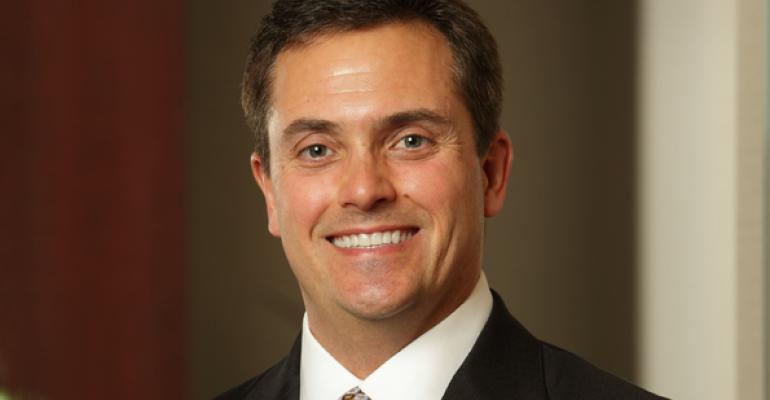Private Wealth Advisor with Merrill Lynch’s Private Banking and Investment Group in Wayzata, Minn.
REP.: The majority of family businesses that attempt succession planning experience a high failure rate. What types of special needs do family business clients have?
Michael Swenson: The key difference with the family business is, what are they going to do with it? Some of these people start these businesses out of their garage and it’s been a part of their life and it’s created their net worth. How do they transition out of that?
According to the Merrill Lynch survey, about 35 percent of business owners between $10 and $250 million in revenue are confident in their wealth management strategy. That’s not a very high ratio. The idea is to have a wealth management, or financial plan in place, but then if you’re gong to pass the family business down to the children, psychologically how do you do that?
REP.: What are the psychological aspects at play in advising family businesses?
MK: The founder is leaving the business, and their skill set is going to be different than, say, the child that is taking over. The founder often assumes that the second generation is going to come in and fill the gap from what is left from when the founder leaves. That’s not necessarily the case. You have to spend the time to identify the objective of the business, and then identify what aspects, what leadership roles the founder provided and what skills the second generation is bringing to the table, and find the gaps.
REP.: How should they overcome the challenges to succession planning?
MK: The founder did a good job scrapping this business together, making it successful in however they had to do it, but they’ve never transitioned before. When they try to transition it, it’s a completely different skill set. You only do it once, so that’s why on the first generation, two-thirds of them tend to fail. Our advice is to work with a team—the team being your financial advisor, accountant, and a family transition consulting firm.
REP.: Any examples of a family that you worked with who needed that psychological advice?
MK: One family that we’ve worked with for 20 years started the business out of their garage, and grew it into a multi-million-dollar revenue business. They had created enough wealth where they could live the life they wanted to live with a very high probability of success, but it was all tied up in the company. We went through the analysis of how much risk is involved in continuing on with the company for another five-plus years to bring the kids in, versus selling the company outright to a third party. They had no guarantee that the business would continue to do well, or that the kids would remain interested in coming into the business, so they chose to sell it.






